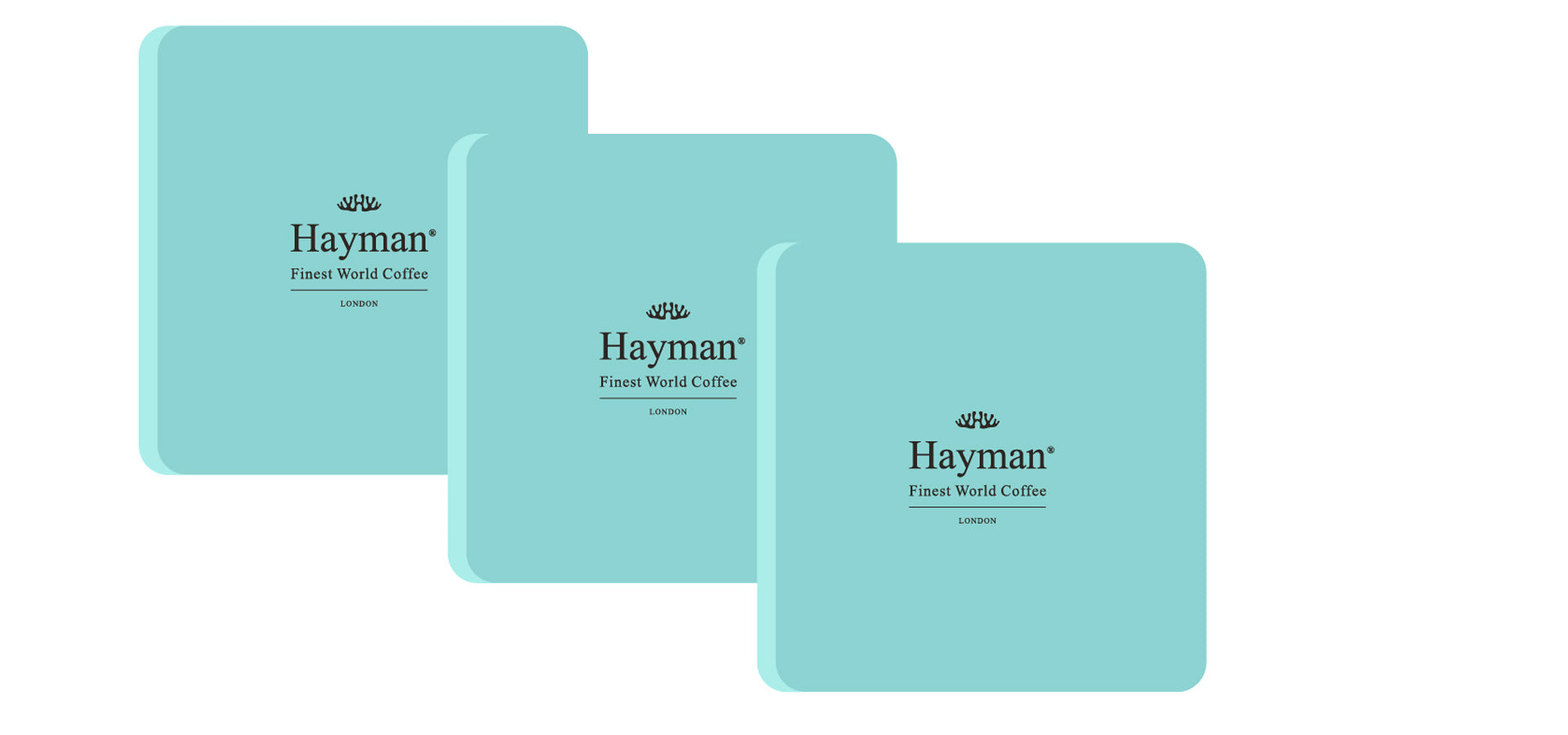What is the Average Corporate Gift? A Guide to Effective and Practical Business Gifting

Corporate gifting has become a strategic part of business relations, allowing companies to express appreciation to clients, partners, and employees. But how much should one spend on a corporate gift? And what does an “average” corporate gift entail in terms of value, content, and occasion? The average corporate gift typically reflects a balance between personalization, practicality, and budget, allowing businesses to make a positive impression without going overboard.
In this article, we’ll explore the concept of the average corporate gift, look at standard practices across industries, and share ideas for company gifts that have both a lasting impact and wide appeal.
1) Understanding the Purpose of Corporate Gifting
Corporate gifts are given with several intentions in mind:
- Expressing Appreciation: To show gratitude for loyalty, partnership, or a job well done.
- Enhancing Relationships: Gifting strengthens connections with clients, employees, and partners.
- Building Brand Awareness: Custom gifts featuring company logos can remind recipients of your brand.
- Celebrating Milestones: Anniversaries, promotions, and special achievements are common gifting occasions.
- Boosting Morale: Especially with employees, gifts can improve motivation and workplace morale.
Company gifts act as both goodwill gestures and tools for nurturing business relationships. But to do so effectively, the gift needs to be meaningful, appropriate, and within a reasonable budget.
2) What Determines the “Average” Corporate Gift?
While the budget for corporate gifts can vary greatly depending on the company’s size, industry, and intent, several factors influence what can be considered an average corporate gift:
- Budget per Gift: Most companies allocate anywhere from $20 to $150 per gift, with an average spend of around $75 for clients and slightly less for employees.
- Type of Gift: Gifts vary widely, from branded merchandise to technology gadgets or gourmet treats, like specialty coffee. Items that provide functional value tend to be appreciated by most recipients.
- Relationship with the Recipient: For long-term clients or high-performing employees, the budget and personalization often increase. Bulk gifts, such as for all employees, tend to be more economical.
- Occasion: Gifts for holidays or client anniversaries typically have a higher budget, while gifts for promotional events or giveaways may have a lower per-item cost.
- Brand Alignment: Companies often choose gifts that reflect their brand identity, such as eco-friendly items for sustainable brands or tech gadgets for IT firms.
3) Examples of Common Corporate Gifts by Category
Here are some of the most popular types of corporate gifts across different categories, each falling within what is generally considered the "average" gift range:
A) Practical Gifts
- Stationery Kits: Branded notebooks, pens, and planners are a useful and budget-friendly option, with a typical cost of $10 to $30 per kit.
- Desk Accessories: Items like wireless chargers, desk organizers, or branded USB drives are practical for the office and fall within a $15 to $50 range.
- Reusable Water Bottles and Tumblers: Stylish, durable, and often customized, these items cost between $15 to $40 each and are appreciated for both style and utility.
- Gourmet Snack Boxes: Curated snack boxes featuring a mix of treats—such as chocolates, nuts, and artisan popcorn—are a popular choice for group gifting. These typically range from $25 to $60.
- Coffee or Tea Sets: A selection of fine coffee beans, like the ones from Hayman Coffee, or tea assortments, often paired with a branded mug or French press, falls between $20 to $50.
- Wine or Champagne: Often reserved for high-end clients or special occasions, a quality bottle of wine or champagne can range from $30 to $100.
- Portable Power Banks: Compact and convenient, these can range from $15 to $40 depending on capacity and brand.
- Bluetooth Speakers or Earbuds: Popular among tech-savvy recipients, quality wireless speakers or earbuds range from $20 to $75.
- Smart Notebooks: With prices from $30 to $50, these reusable notebooks allow users to write and erase, bridging the gap between analog and digital.
- Scented Candles: A staple in relaxation-focused gifting, a high-quality candle with a unique fragrance costs between $20 and $40.
- Mini Spa Kits: Including items like lotions, bath salts, and face masks, these kits provide a touch of luxury and generally cost around $25 to $50.
- Aromatherapy Diffusers: Small diffusers with essential oils are popular for wellness-oriented gifts, often priced between $30 and $60.
- Customized Tote Bags: Eco-friendly and versatile, custom totes cost between $10 and $25 and offer branding visibility.
- Apparel: High-quality branded items like T-shirts or jackets are common, with prices from $15 to $50 depending on customization and fabric.
- Caps and Hats: Simple and effective, caps are affordable branding items typically costing $10 to $20 each.
4) How to Choose the Right Corporate Gift Within Budget
Choosing the right corporate gift means balancing budget with personalization, practicality, and relevance. Here are some considerations when deciding on the best option for your company:
- Align with Recipient Preferences: If possible, personalize gifts to suit individual tastes or interests. For example, clients who travel often may appreciate travel organizers or portable chargers.
- Consider Industry Standards: Some industries, such as tech, might favor gadgets, while the finance sector may lean toward classic items like desk accessories.
- Use Bulk Gifting Options: When gifting to large groups, such as all employees, bulk orders on branded items can help you achieve economies of scale, allowing for a more cost-effective per-unit price.
- Emphasize Quality Over Quantity: A single high-quality item often leaves a more lasting impression than a bundle of inexpensive items. Aim for gifts that recipients will use or appreciate beyond the immediate occasion.
5) Timing and Occasion in Corporate Gifting
When you give a gift can be just as important as the gift itself. Here are some common occasions that businesses often consider for corporate gifting:
- Holiday Season: The end-of-year holiday season is prime time for corporate gifting, with many companies budgeting a bit higher for holiday gifts.
- Client and Employee Anniversaries: Celebrating a milestone with a gift shows appreciation for long-term relationships.
- Employee Recognition: Gifts for reaching a certain goal or displaying exceptional work are popular ways to show appreciation and boost morale.
- Promotional and Marketing Events: Giveaways or event-specific gifts are typically low-cost items with high branding visibility, like pens, notebooks, or tote bags.
6) Personalizing and Customizing the Corporate Gift
Customization is a powerful way to make a corporate gift feel more personal. Adding a name, initials, or the company logo to items creates a thoughtful, branded touch. Many companies offer personalized options for popular corporate gifts such as:
- Branded Drinkware: Engraving names or adding logos on tumblers or water bottles.
- Tech Gadgets: Customizing power banks, headphones, or USB drives with brand colors or a logo.
- Stationery: Adding initials or logos to notebooks, planners, or desk organizers.
These personalized items not only enhance the professional appeal of a gift but also keep your brand visible in a positive light.
7) Trends in Corporate Gifting
Current trends in corporate gifting reflect both changing preferences and broader societal shifts:
- Sustainable Gifts: Eco-friendly products, like reusable shopping bags, bamboo cutlery sets, and organic cotton items, are increasingly popular as companies focus on sustainability.
- Experiential Gifts: Instead of physical items, some companies now offer experiences like online classes, spa vouchers, or even virtual cooking classes to make gifting memorable.
- Health and Wellness: Items that promote health, such as fitness equipment, ergonomic accessories, or meal subscription vouchers, are becoming more popular as companies recognize the importance of employee well-being.
- Digital Subscriptions: With remote work more common, subscriptions to digital services like audiobook platforms, fitness apps, or meditation apps are practical and appreciated gifts.
Conclusion: Finding the Right Balance in Corporate Gifting
The “average” corporate gift can range widely, typically landing between $25 and $75 per gift, depending on the intent, recipient relationship, and occasion. Ultimately, the best company gifts are those that balance cost-effectiveness with thoughtfulness. Whether you’re celebrating an anniversary, recognizing hard work, or simply showing appreciation, a well-chosen corporate gift reflects positively on your brand and helps strengthen business relationships. By focusing on quality, practicality, and a touch of personalization, you can create a memorable and meaningful gifting experience that resonates with recipients long after the gift is received.
At Hayman’s online store you will find the best coffee presents, which are the perfect gift in a world full of coffee lovers. Have a look at our specialty coffee menu and create the most amazing coffee gift baskets. Our coffees are fresh roasted just prior to shipping and available as whole bean, ground coffee, and pods/capsules. And last but not least, they come in a beautiful box. Click HERE to order today, we are offering free worldwide shipping on all purchases!










